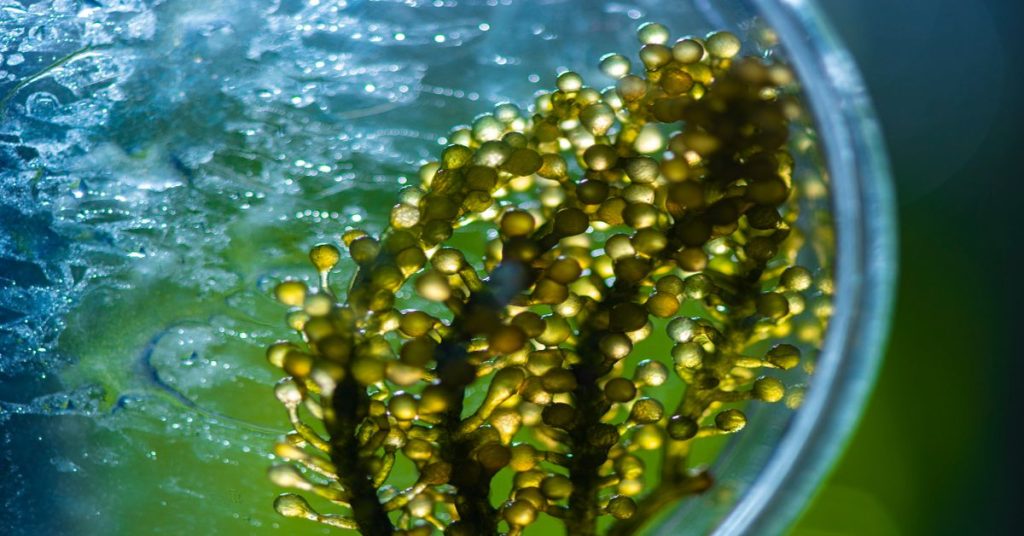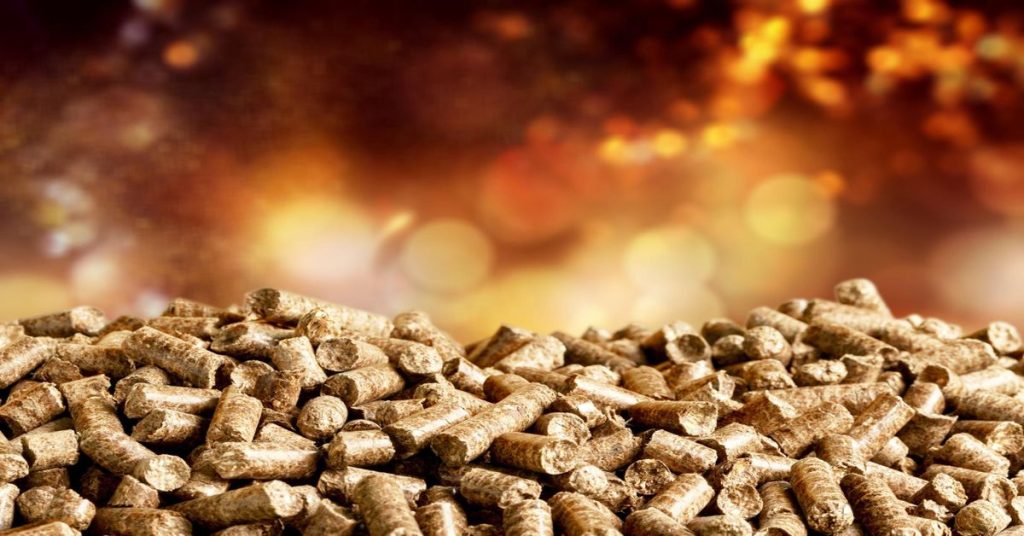Properties of Char produced from torrefaction of municipal solid waste
Municipal solid waste (MSW) is one of the important environmental challenges in the world. Improper methods of MSW disposal are detrimental to the environment and human health. Researchers have recently examined torrefaction and other viable methods for MSW management. Torrefaction refers to the thermal process of converting biomass that requires moderate heating without oxygen. Char, …
Properties of Char produced from torrefaction of municipal solid waste Read More »









